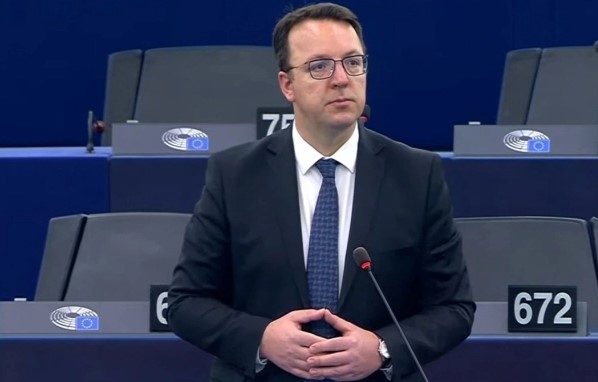The report correctly highlights the need to address challenges to the core values that the Council of Europe aims to uphold. It calls for a reinforced commitment to these core values, which includes enhancing legislation to counter far-right extremism, improving education and media literacy, and combating online radicalization. Aleksandar Nikoloski explained this to the Council of Europe. Far-right ideology is evident in several member states of the Council of Europe. Meanwhile, there are concerns about the treatment of Macedonians in Bulgaria, who are being denied their human rights, including the right to self-determination, the use of their mother tongue, and access to education and association. Moreover, there have been recent attempts to influence the identity of Macedonians in Albania, where they have a long history, by encouraging them to identify as Bulgarian. This situation has raised concerns, as it appears to contradict European values and may be seen as a form of far-right extremism in the 21st century. It’s imperative to address and combat these issues.
They use all means to find such an identity where they cannot find it. Citizens are offered passports that are also EU passports only to declare themselves different from what they are. They abuse their EU membership to change their national identity. Therefore, I request that the EU reconsider its policy towards Bulgaria and not allow the abuse of their right to citizenship and passports for political purposes and changing the national identity
.
Thus Bulgaria continues this example of national assimilation. They blackmail the Macedonian, veto and stop Macedonia from starting EU membership negotiations, they also do not respect the human rights of the Macedonians in Bulgaria and do not implement the judgments of the European Court of Human Rights and blackmail Albania trying to find an identity that does not exist.





Comments are closed for this post.